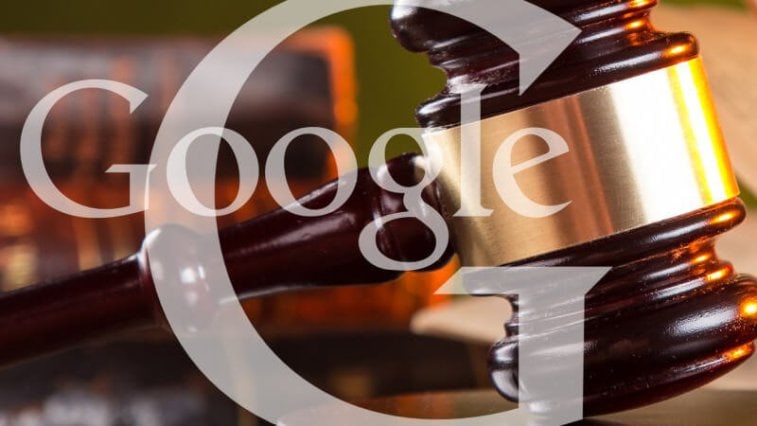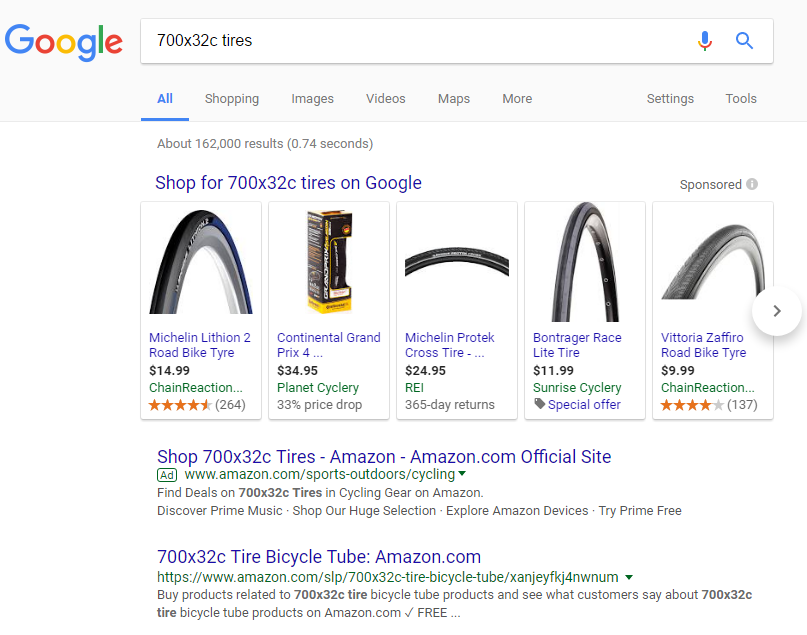Google got hit with one of the largest fines in corporate history with the European Union demanding 2.42 billion euro (2.7 billion dollars). So what’s the cause? Google has been favoring its own “Google Shopping” service over other similar services, a practice which the EU has determined to be anti-competitive. These services allow users to quickly and easily find a variety of offers and deals for products.
At the heart of the complaint and fine is something even deeper, however. Google has built an entire ecosystem of products and services that plug into its search engine. Google is the world’s prominent search engine, allowing people to quickly and easily find pretty much anything, anywhere. At the same time critics allege that Google is increasingly becoming a “closed garden” or ecosystem that only promotes its own services and products.
Besides Google Shopping, the search engine also prominently displays its Maps services, as well as local listings. Many web users seem to enjoy this integration, but critics claim this is anti-competitive, and the European Union has now sided with this view. For all of Google’s other services this could result in similar rulings.
Google Maps and local listings are coming under especially close scrutiny from the European Union. For small businesses, any changes to the way Google treats these two services could have a big impact. If Google can’t favor its own internal services, and especially those services it makes you pay for (such as shopping), then it will level the playing field for everyone else trying to move up in search engine rankings.
It’s Time To Bring Down The Walls
Google’s search engine is a great tool for many, many things. Customers can find what they want, and businesses can find customers. Yet over the years Google has become an increasingly walled-off garden. They want to keep you on their own properties. Over the years ad revenues and clicks have risen on Google’s properties, while they’ve declined elsewhere. In fact, in 2016 81% of ad revenues came from Google’s own properties, up from 71% from a year earlier. While Google’s search engine is well-known, they also run ad platforms on other websites through its AdSense program. This hints at how walled off Google is becoming.
For small businesses this often means you have to “pay to play”. If you want your business to show up at the top of Google’s search engine, you might have to buy an ad or else create a listing for Google Shopping, or another promoted service. The European Union is challenging this model, viewing it as noncompetitive.
In the long-run, this could lead to the walls around the garden being brought down in Europe. This policy change could eventually change legislation in other countries. As Google becomes more open it will make SEO all the more vital. Getting to the top of Google and other search engines is among the most valuable real estate for many small businesses.
Whether you’re running a local restaurant or an online shopping website, being at the top of Google means securing traffic. The more traffic you secure through SEO and other methods, the more chances you have to convert. This can lead to more revenues and ultimately profits. Of course, getting to the top of Google is no easy task. You’ll need to publish high quality SEO-rich content that is attractive to both search engines and most importantly readers.
No matter the result of this case, Google will remain the world’s most important search engine in the years to come. For small businesses, websites, bloggers and everyone else, anti-competitive measures against Google mean more competitive opportunities for them. This will make SEO and organic inbound marketing all the more valuable and essential in the years ahead.

